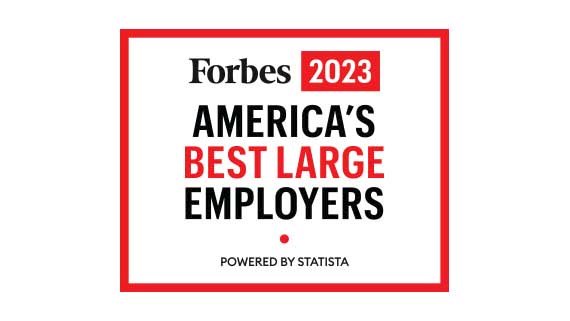Proactive strategies to help minimize business and personal risk
Whether you're looking for business or personal coverage, our experienced team works with you to understand your unique needs, goals and risks. We customize comprehensive risk management solutions that anticipate and manage risk, helping safeguard your livelihood and your loved ones. From offering a wide variety of policies and price points to advocating on each client's behalf, we strive to provide the best business and personal insurance solutions for your current and future needs.





